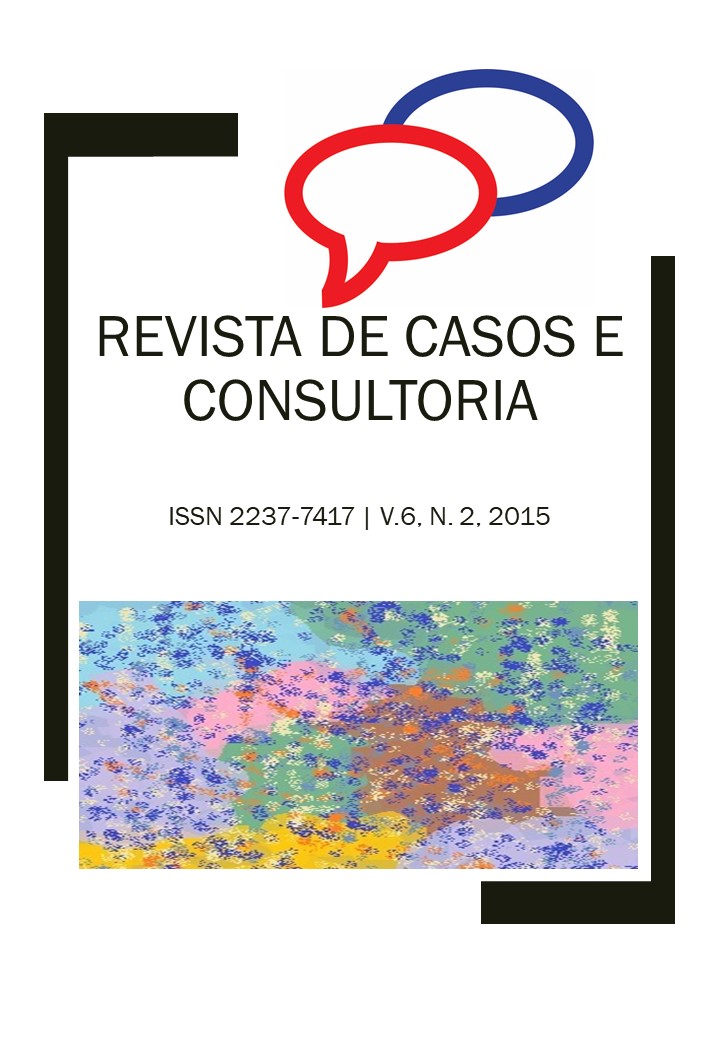THE APPLICATION OF PROJECT MANAGEMENT TO ENTER A UNIVERSITY INCUBATOR
Keywords:
Incubator - Project Management - Pro Management - Company AcceleratorsAbstract
The purpose of the article is to introduce a company that has used some project management requirements to enter a university incubator. The incubator aims to increase the likelihood of success of a good idea, through technical assistance becoming business accelerators. Through an exploratory research, with intensive direct observation (unsystematic - with unstructured interviews), a qualitative approach with documental research of secondary sources constructed a case study (exploratory and descriptive research), describing the complexity to enter an incubator not only to guide the startups in the most diverse subjects, but on their way to success and potentially win the investor, this way the requirements are many, through the tools of project management made possible a greater visualization of its scope, sponsor roles, project description, objectives, justifications, constraints and assumptions, specifying the main deliverables and application of the Business Canvas model. It was noticed that the systematics applied in the university helped, and much the development of the idea to be presented to the incubator, where it facilitated its organization and entrance in INCAMP (Incubadora UNICAMP), currently the companies are looking for sponsors for their idea.
Downloads
References
ADEGBITE, O. Business incubators and small enterprise development: The Nigerian experience. Small Business Economics, 17(3), 157-166, 2001.
ALVES JUNIOR, J. B. Gerenciamento de Projetos de TI : uma análise sobre a possibilidade de aplicação da estrutura motivacional sugerida pelo Project Management Body of Knowledge – PMBOK em uma empresa pública. 2008. 76 f. Dissertação (Mestrado em Administração)– Pontifícia Universidade Católica do Rio de Janeiro, Rio de Janeiro.
BERGAMINI, C.W. Motivação nas organizações. 4. Ed. São Paulo: Atlas, 1997.
GRESSLER, L. A. Introdução à pesquisa: Projetos e relatórios. 2a ed. São Paulo: Loyola, 2004.
GERVAZONI T. P. Iniciação ao PMBOK no Gerenciamento de Projetos.
<http://www.linhadecodigo.com.br/artigo/974/iniciacao-ao-pmbok-no-gerenciamento-de-projetos.aspx>. Acesso em 08 de março de 2012.
LEE, S. S.; OSTERYOUNG, J. S. A. Comparison of Critical Success Factors for Effective Operations of University Business Incubators in the United States and Korea. Revista Proquest - Journal of Small Business Management 42. 4 (Oct 2004): 418-426 .
MARTINS, G. A.; LINTZ, A. Guia para elaboração de monografia de trabalhos de conclusão de cursos. 2 ed. 3 reimpr. São Paulo: Atlas, 2010.
PMBOK - Project Mangement Body of Knowledge, 2000. Versão em português.
<http://ricardocasarino.files.wordpress.com/2008/05/pmi-pmbok-gerenciamento-de-projetos-portugues-mg- v10.pdf.> Acesso em 13 de março de 2012.
RABECHINI JÚNIOR, ROQUE et al. Fatores críticos para implementação de gerenciamento por projetos: o caso de uma organização de pesquisa. Revista Produção v. 12 n. 2 2002 (p. 28-41).
SMILOR, R. W. (1987). Managing the IncubatorSystem: Critical Success Factorsto Accelerate New Company Development, IEEE Transactions on Engineering Management 34(3), 146-155.
VARGAS, R. V. Gerenciamento de projetos: Estabelecendo diferenciais competitivos. 6 ed. Rio de Janeiro: Brasport, 2005.
TSENG, CHIEN-CHI. Connecting Business Incubator Development with Human Resource Development. Revista Proquest - Journal of Multidisciplinary Research 3.2 (Summer 2011): 29-42.

 Português (Brasil)
Português (Brasil) English
English Español (España)
Español (España)